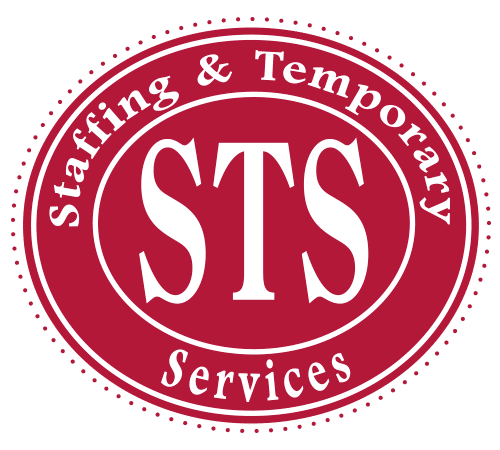The Power of Building Trust and Rapport in 1-1 Meetings
Building trust and rapport in one-on-one meetings is essential for creating successful relationships in both professional and personal settings. Establishing trust and connection can lead to more effective communication, collaboration, and overall job satisfaction, whether you are meeting with a coworker, client, or supervisor. By focusing on active listening, open communication, and empathy, you can create a welcoming and inclusive atmosphere that fosters mutual understanding and respect. Explore strategies and techniques for building trust and rapport in one-on-one meetings with practical tips and insights to apply in your interactions with others. Whether you are a seasoned professional or new to the workforce, honing your skills in this area can profoundly impact your success and overall professional development.
The Power of Active Listening in Building Trust
Active listening is fundamental to building trust and rapport. You demonstrate respect and empathy by fully engaging in the conversation and showing genuine interest in the other person’s thoughts and feelings. Active listening involves maintaining eye contact, nodding to show understanding, and paraphrasing to confirm your understanding of what was said. By validating the other person’s perspective, you create a safe and inclusive space for open communication, leading to stronger connections and deeper relationships. For example, imagine you are meeting with a potential candidate for an accounting position. By actively listening to their career goals, challenges, and motivations, you can tailor your recruitment approach to align with their values and aspirations. This ultimately increases the likelihood of a successful match.
The Importance of Open Communication in Building Rapport
By fostering a culture of transparency, honesty, and vulnerability, you create an environment where all parties feel comfortable sharing their thoughts, concerns, and feedback. Open communication involves expressing your thoughts clearly, asking thoughtful questions, and being receptive to different viewpoints. By encouraging dialogue and collaboration, you can proactively address any issues or misunderstandings, leading to increased trust and mutual understanding. For instance, when discussing job expectations with a potential candidate, be transparent about the company culture, work environment, and growth opportunities. By setting clear expectations from the start, you build a foundation of trust and respect that paves the way for a successful working relationship.
Cultivating Empathy in Building Lasting Relationships
Empathy is a powerful tool for building trust and rapport in one-on-one meetings. You show compassion and empathy by putting yourself in the other person’s shoes and understanding their emotions. Empathy involves active listening, perspective-taking, and emotional validation. Acknowledging and validating the other person’s feelings creates a sense of connection and trust. For example, when discussing a challenging project with a team member, recognize their efforts, challenges, and emotions. By showing empathy and support, you foster a sense of camaraderie and collaboration that strengthens the relationship and boosts morale.
Navigating Challenges in Building Trust and Rapport
Building trust and rapport in one-on-one meetings is not without its challenges. Miscommunication, misunderstandings, and conflicting expectations can hinder establishing a solid connection. To overcome these challenges, remaining open, honest, and proactive in addressing any issues is essential. You can navigate challenges effectively and build stronger relationships by actively listening, seeking clarity, and providing constructive feedback. For instance, if a candidate expresses concerns about the work-life balance, acknowledge their perspective, discuss potential solutions, and empathize with their needs. You demonstrate your commitment to building trust and rapport by addressing their concerns openly and transparently.
Harnessing the Power of Trust and Rapport for Success
In conclusion, building trust and rapport in one-on-one meetings is essential for fostering successful relationships in both professional and personal settings. Incorporating active listening, open communication, and empathy into your interactions can create a welcoming and inclusive atmosphere that promotes mutual understanding and respect. You can cultivate strong connections, boost morale, and enhance job satisfaction through effective communication, collaboration, and empathy. By honing your skills in trust and rapport-building, you can revolutionize your recruitment efforts, strengthen your team dynamics, and achieve long-term success in the talent market. Embrace the power of trust and rapport-building in your one-on-one meetings and watch how it transforms your relationships and career.
At STS Staffing, we understand the importance of establishing trust and connections in the industries we serve, whether in retail, hospitality, customer service, light industrial, food service, or manufacturing. Our commitment to precision matching and service excellence hinges on our ability to cultivate strong relationships with employers and job seekers. By harnessing the power of trust and rapport-building, we aim to revolutionize the talent market, enhance team dynamics, and drive success in every placement we make. Join us in embracing the transformative impact of building trust and rapport in your professional interactions and witness the profound difference it can make.

